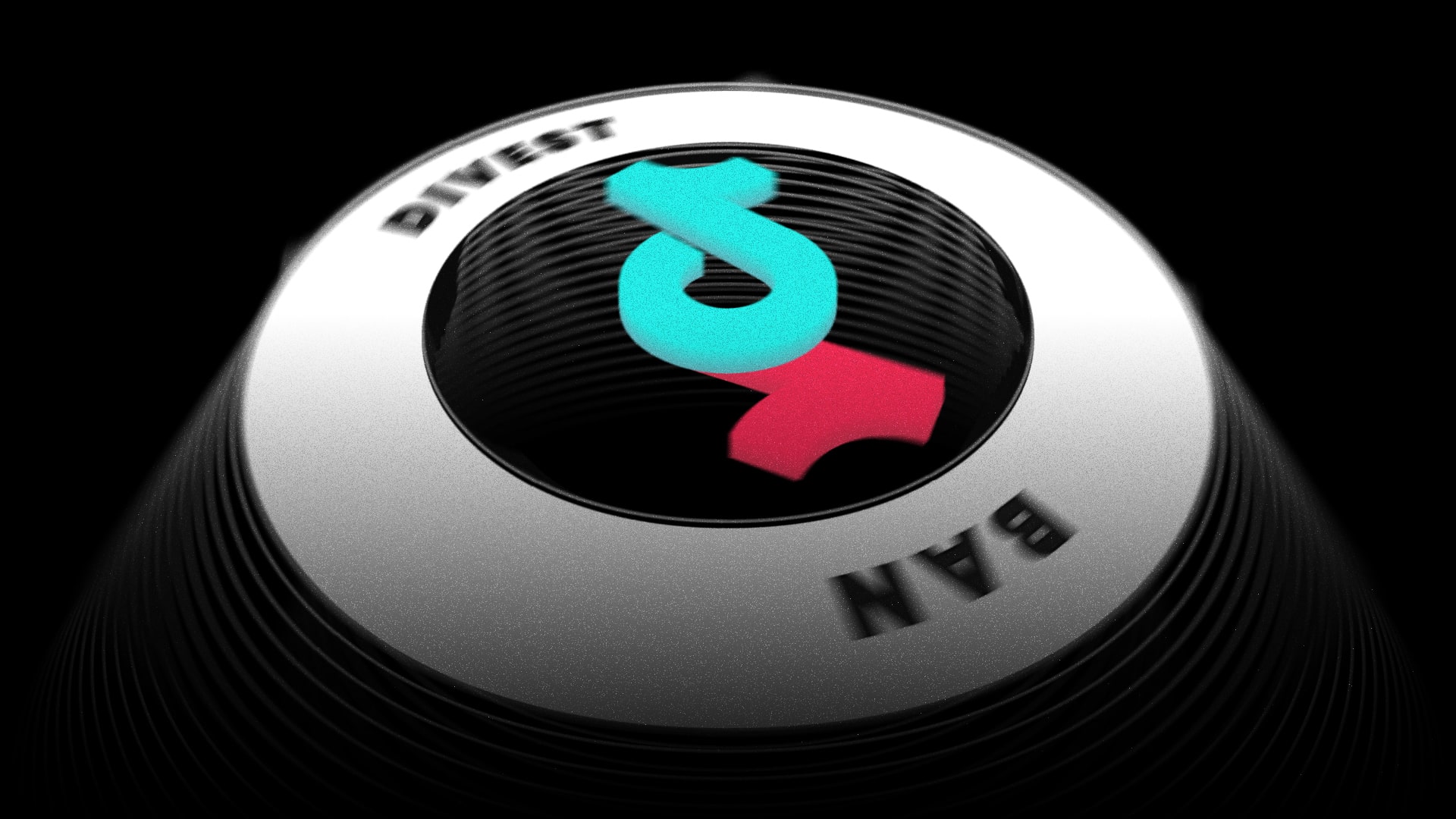The Supreme Court’s January 10 hearing brought TikTok’s fate in the US into sharp relief. With a January 19 deadline approaching, ByteDance, TikTok’s China-based parent company, must divest its US operations or face a ban. The justices’ questions hinted at an inclination to affirm the ban.
This ongoing saga stems from a bipartisan legislative act passed in April 2024, aimed at severing ties between TikTok and its Chinese ownership to mitigate potential risks. The US government argues that ByteDance’s control leaves TikTok susceptible to Chinese government influence under Beijing’s intelligence laws, which mandate data sharing upon request.
During oral arguments, national security concerns dominated the discussion. Chief justice John Roberts questioned TikTok’s claim that it operates as a US-based company, pointing out that ByteDance remains subject to Chinese intelligence laws. He suggested that operational safeguards alone might not eliminate the risks posed by foreign control.
Justice Brett Kavanaugh highlighted how TikTok’s vast data collection could potentially be exploited for espionage, recruitment, or blackmail by the Chinese government.
Solicitor general Elizabeth Prelogar, representing the government, argued that ByteDance’s ownership poses substantial risks. She pointed to TikTok’s extensive data collection, which includes non-user contacts, as a valuable resource for surveillance. She also warned that ByteDance could manipulate TikTok’s algorithm to influence public opinion, turning the platform into a covert tool for influence campaigns.
TikTok’s lawyer, Noel Francisco, contended that the law unfairly targets the platform, violating the First Amendment by restricting speech. He emphasized that TikTok fosters creativity and communication, arguing that the ban or forced sale relies on speculative risks rather than proven harm. He described these measures as an unnecessary burden on TikTok and its US users.
However, the justices appeared unconvinced. Justice Elena Kagan noted that the law targets ByteDance’s ownership, not TikTok’s content, weakening the First Amendment claim. Justice Sonia Sotomayor questioned whether divestiture could address security concerns without disrupting the platform’s operations.
Prelogar countered that foreign entities like ByteDance are not entitled to constitutional protections afforded to US companies, further diminishing the weight of TikTok’s argument.
Adding complexity to an already fraught case, President-elect Donald Trump filed an amicus brief seeking a delay in the law’s enforcement. Submitted in December 2024, the brief argued that the January 19 deadline—one day before his inauguration—limits his ability to address the issue politically. Trump’s lawyers proposed an extension to pursue a negotiated solution that balances national security concerns with TikTok’s value to US users.
Trump’s brief also challenged the legislative scope in foreign policy, asserting that the deadline undermines the executive branch’s authority under Article 2 of the Constitution, which governs international affairs.
TikTok’s fate could reshape the operations of foreign-owned platforms in the US. Several outcomes are possible:
- Ban enforcement proceeds: ByteDance must sell TikTok’s US operations or cease services in the country. Failure to divest would remove TikTok from app stores, with penalties for non-compliance by service providers. Users would lose the ability to download updates, rendering the app obsolete over time.
- Administrative pause: Trump’s administration could delay enforcement, providing a one-time, three-month extension to explore alternatives such as enhanced oversight or partial divestiture. This pause would likely hinge on allowing ByteDance sufficient time to finalize a sale to a US-based buyer.
- Negotiated status quo: Trump’s administration could decide against enforcing the law, keeping TikTok operational while negotiating with ByteDance. This could spark political and legal backlash from legislators backing the ban.
It’s worth noting that the law does not outright ban TikTok but prohibits US app stores and internet providers from hosting the platform. Oracle, which currently manages TikTok’s US data, would also be barred from its role. Without app store support, TikTok would likely become obsolete, and its fast-growing commerce arm, TikTok Shop, could face disruptions.
Ironically, a ban could heighten risks to user data. Forbes reported that when India banned TikTok, user data was transferred to China, increasing exposure to government access—an outcome contrary to the ban’s intended goal.
Whatever the outcome, TikTok’s fate will serve as a litmus test for balancing national security, constitutional rights, and the complexities of regulating global digital platforms. The clock is ticking.

